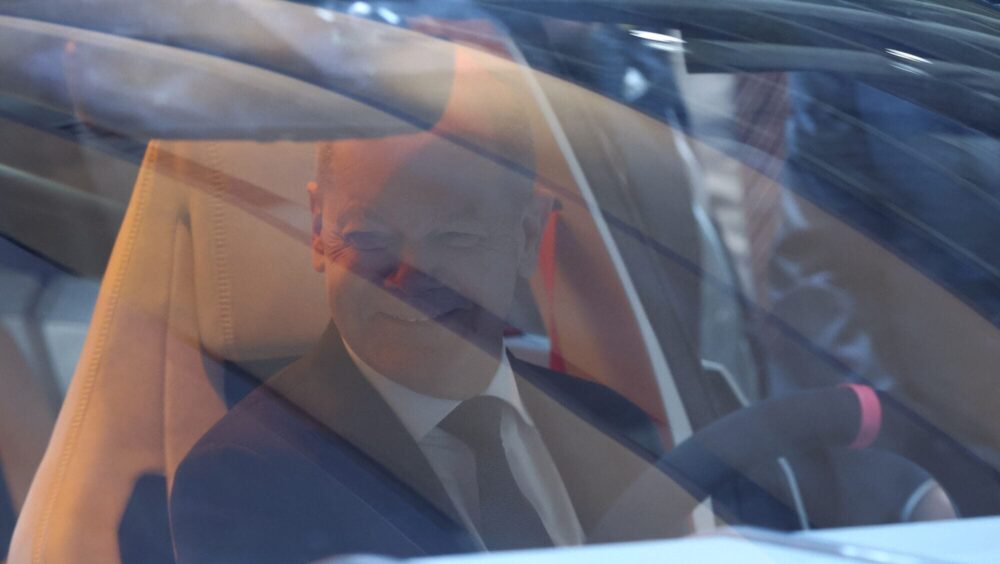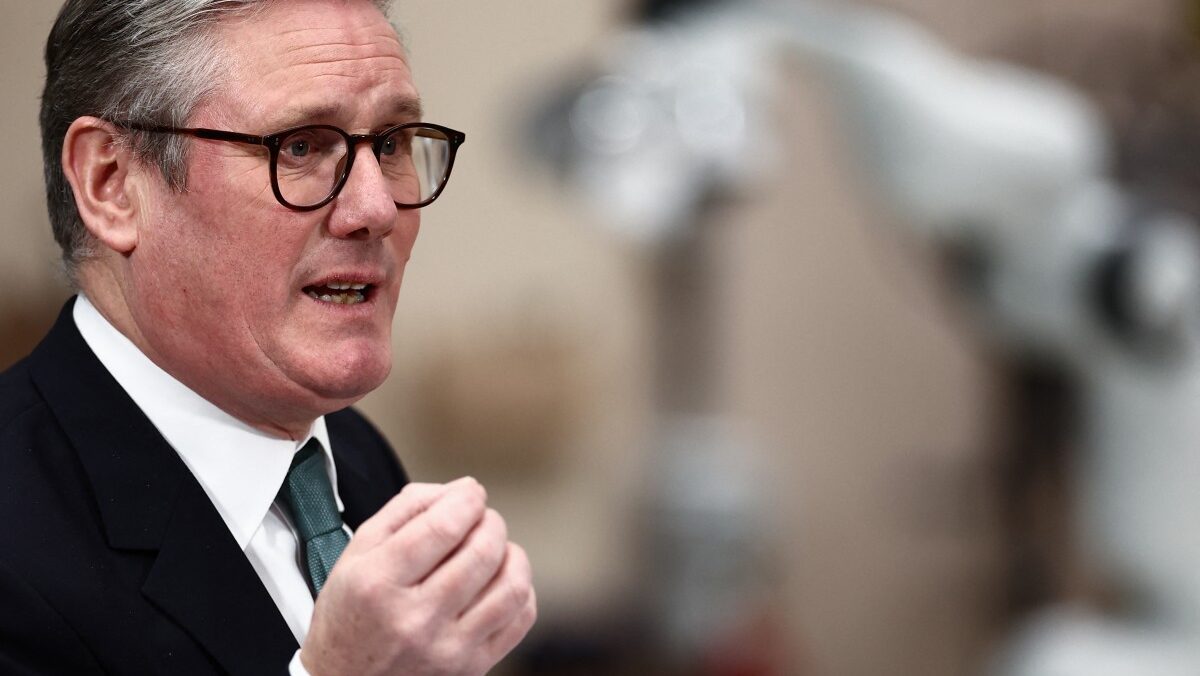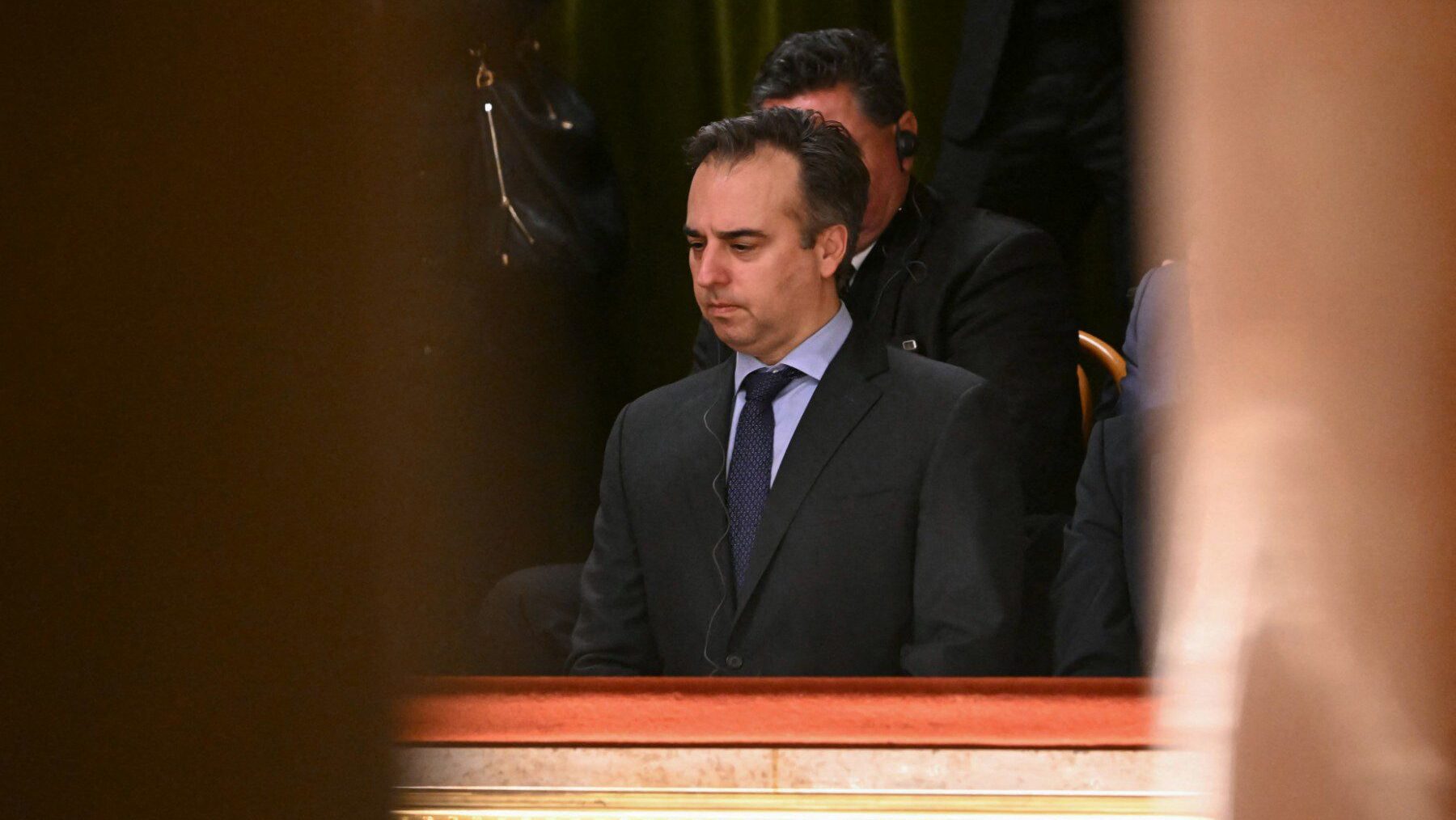Having initially vowed to “respond firmly” to incoming 25% tariffs on all U.S. car imports, Brussels is adjusting its tone less than a week on, hoping to reach some form of “compromise” instead.
Perhaps cowed by Donald Trump’s warning that “far larger” tariffs will be imposed on nations that respond by doing “economic harm” to America, outgoing German Chancellor Olaf Sholz said on Sunday that the European Union was
always and at all times firmly prepared to work for compromise and cooperation.
Italian Prime Minister Giorgia Meloni also called on Saturday for a “reasoned” approach to the dispute, rather than one which was based on “impulse.”
The tariffs, which are due to start on April 3rd, could cost the European car industry several billion euros and put up to 25,000 jobs at risk, global consulting firm Kearney has warned.
Brussels is unlikely to have been much pleased by the Hungarian government’s claim last Thursday that the EU largely has itself to blame for the measures. Gergely Gulyás, who is chief of staff to Prime Minister Viktor Orbán, said, “Europe has indeed made a serious mistake” by imposing its own “completely incomprehensible” 10% tariffs on imports, adding:
The least Europe should have done—and should have done no later than the day Trump officially took office—was to lower our tariff to 2.5% [matching those currently imposed by the U.S.].
Having failed to do this, Gulyás said that Brussels should now be negotiating with Trump’s administration in the hope that heavy tariffs can be brought down before they are introduced.
If talks over the coming days do not reach some form of settlement, Scholz has insisted that “we will respond as a united European Union.” European Central Bank President Christine Lagarde also said today, on March 31st, that the tariffs should be viewed as another step towards European “independence” from America, which is likely to go down well with Germany’s Friedrich Merz.




